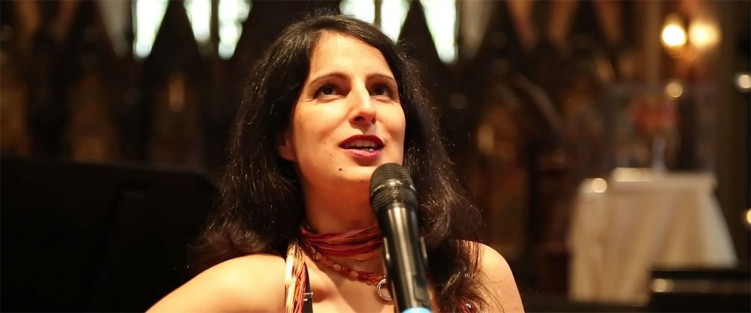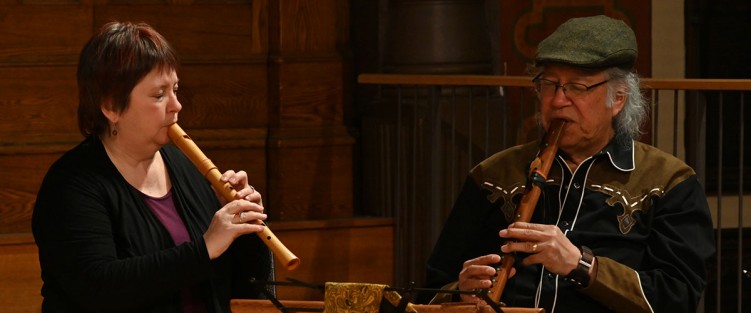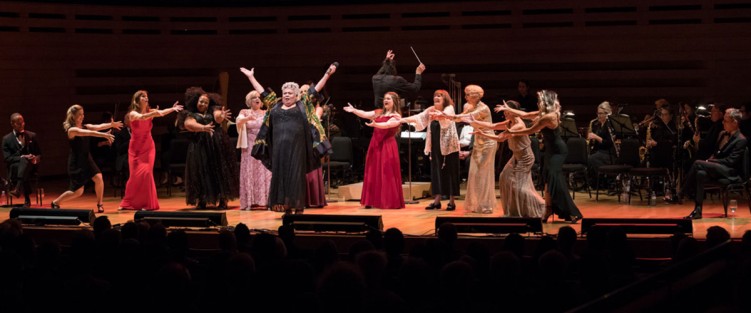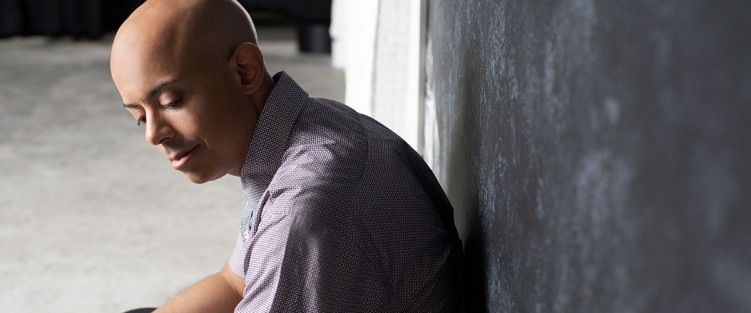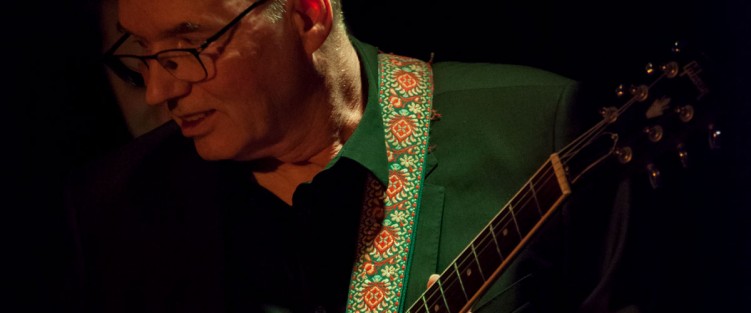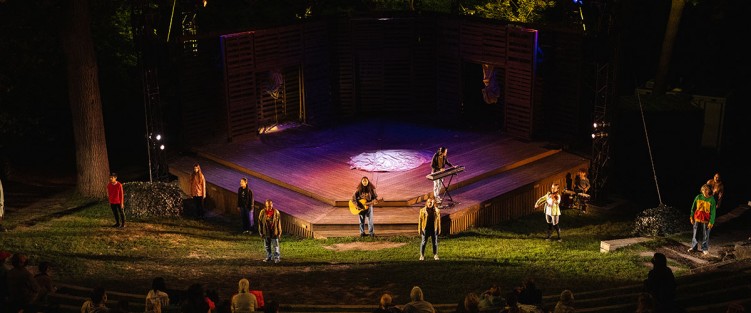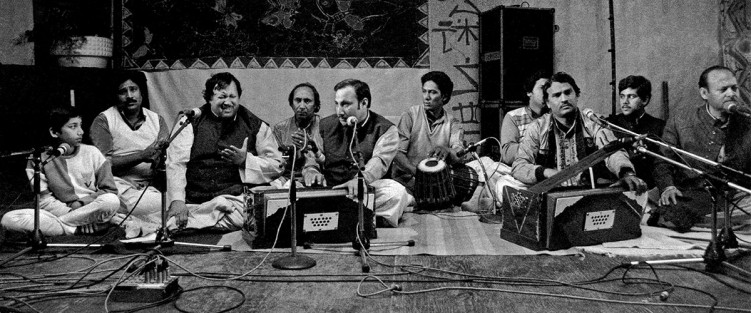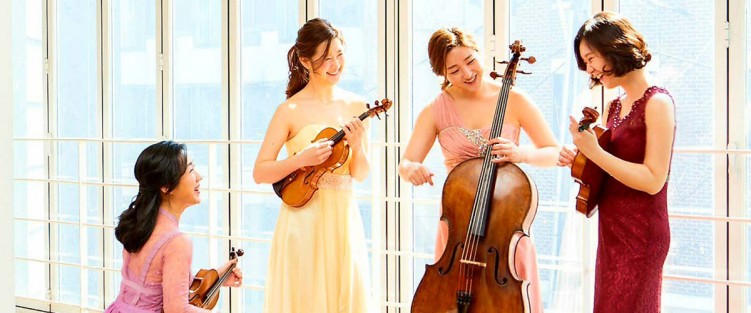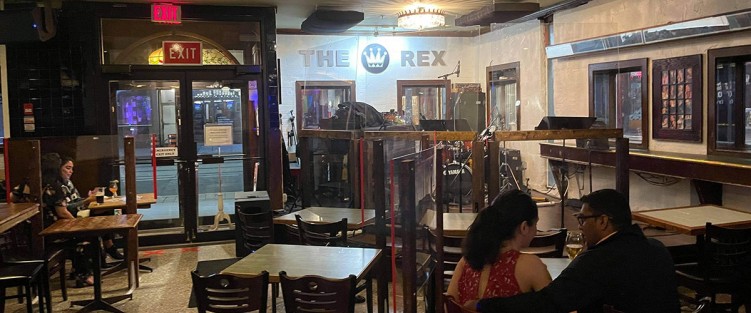“A Postcard to 1946”: Director Kate Hennig chats about musical Holiday Inn
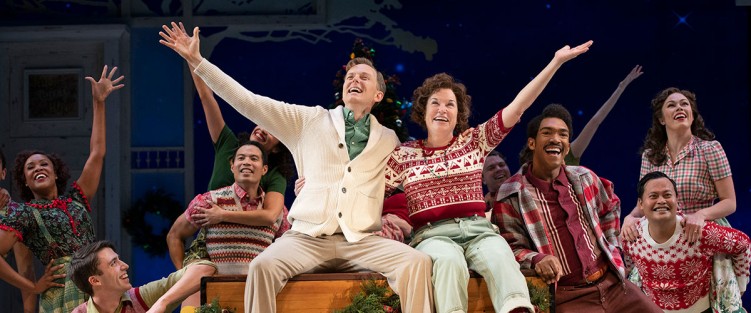 On November 20, the Shaw Festival’s winter season hits its full stride, with the openings of both its holiday offerings: A Christmas Carol, and Irving Berlin’s full-scale musical extravaganza Holiday Inn.
On November 20, the Shaw Festival’s winter season hits its full stride, with the openings of both its holiday offerings: A Christmas Carol, and Irving Berlin’s full-scale musical extravaganza Holiday Inn.
In 2019, Holiday Inn was notable as the first musical to be programmed as part of the Shaw’s winter holiday season. It was also notable as the directing debut of one of Canada’s most versatile theatre artists: actor, playwright, teacher, and now director, Kate Hennig.
The production was such a popular success that it was the natural choice to bring back this year with the same creative team, and many of the original cast, to celebrate the reopening of the theatres as well as the holiday season.


